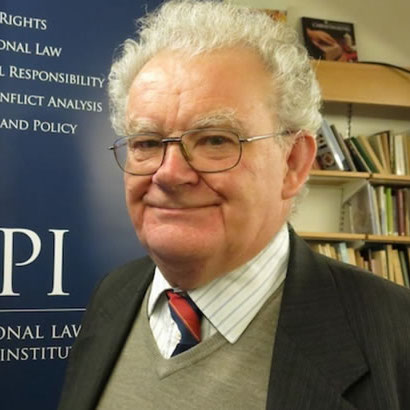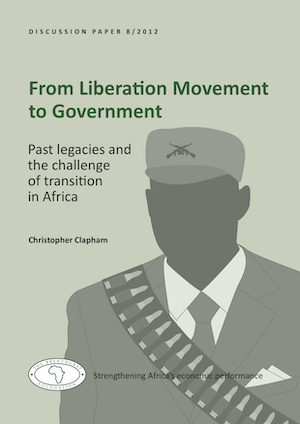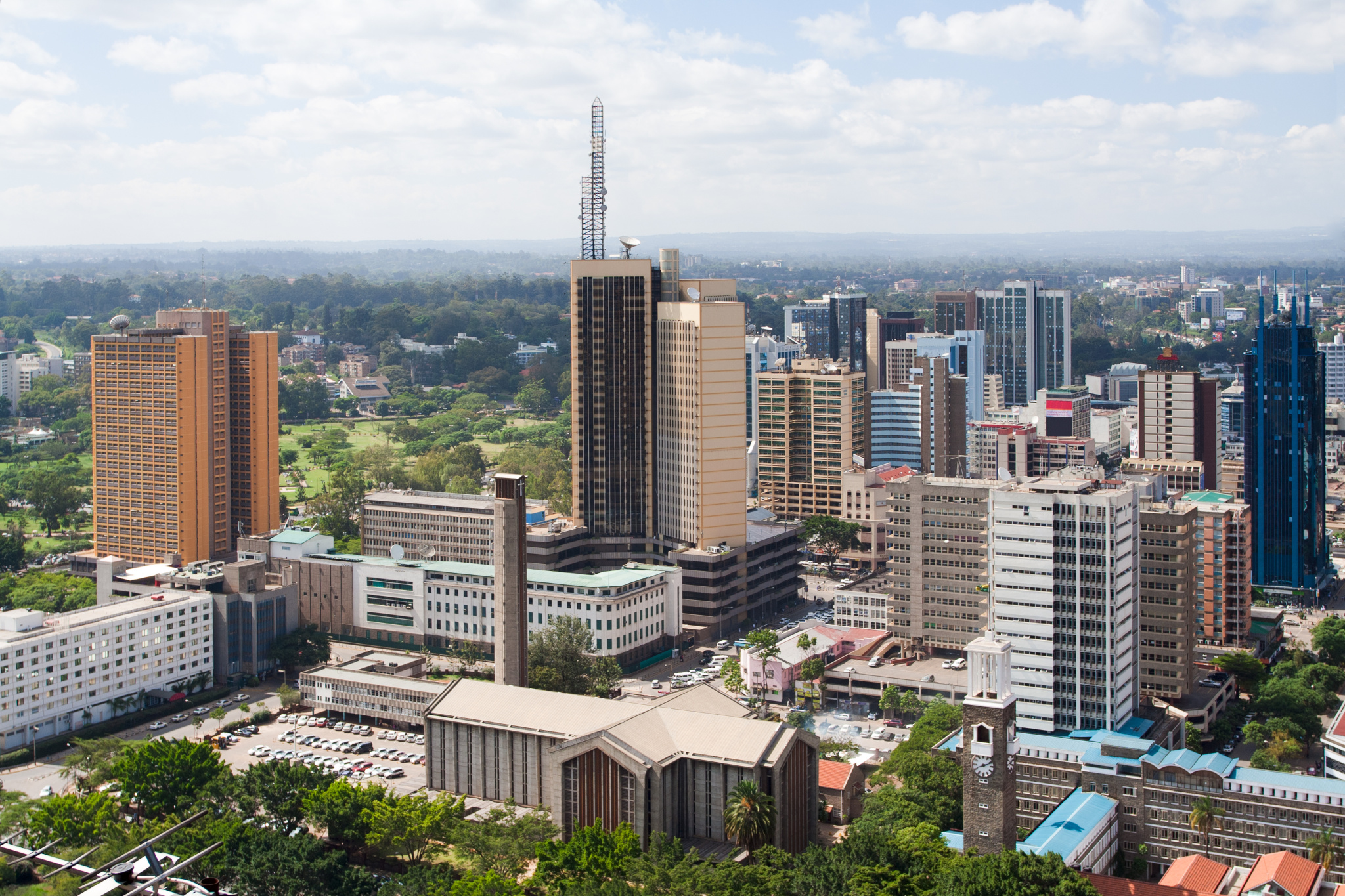Publications
From Liberation Movement to Government - Past Legacies and The Challenge of Transition in Africa
Independence struggles often promote the formation of an effective movement in opposition that should, ideally, provide the basis for a viable government once victory is eventually achieved. Nowhere in Africa, however, has a liberation movement transformed itself seamlessly into a national government. Governing a state presents numerous challenges that are not only different but, in some respects, clash with the requisites and principles of waging a successful liberation struggle.
Indeed, virtually all liberation movements have encountered myriad difficulties in making the transition from struggle to government.
The persistence of this phenomenon in Africa was the wellspring for an international dialogue of leading struggle veterans, policy makers and experts, co-hosted by the Brenthurst Foundation and Germany’s Konrad Adenauer Stiftung in Cadenabbia, Italy, in early October 2012.
This Discussion Paper draws on the discussions and presentations at the Dialogue, though ultimately it represents the author’s personal perspective. The Paper argues that some states have been more successful than others in tackling the legacies of such struggles – e.g., an intense sense of entitlement to the state and exclusive vision for its future – and promoting inclusiveness and openness to different groups and interests within their polities, although all ex-liberation movements contend with these issues in one form or another.
The experiences of one-time liberation movements who later assumed power reveal numerous challenges that continue to exert a significant impact on politics and governance throughout Africa.



